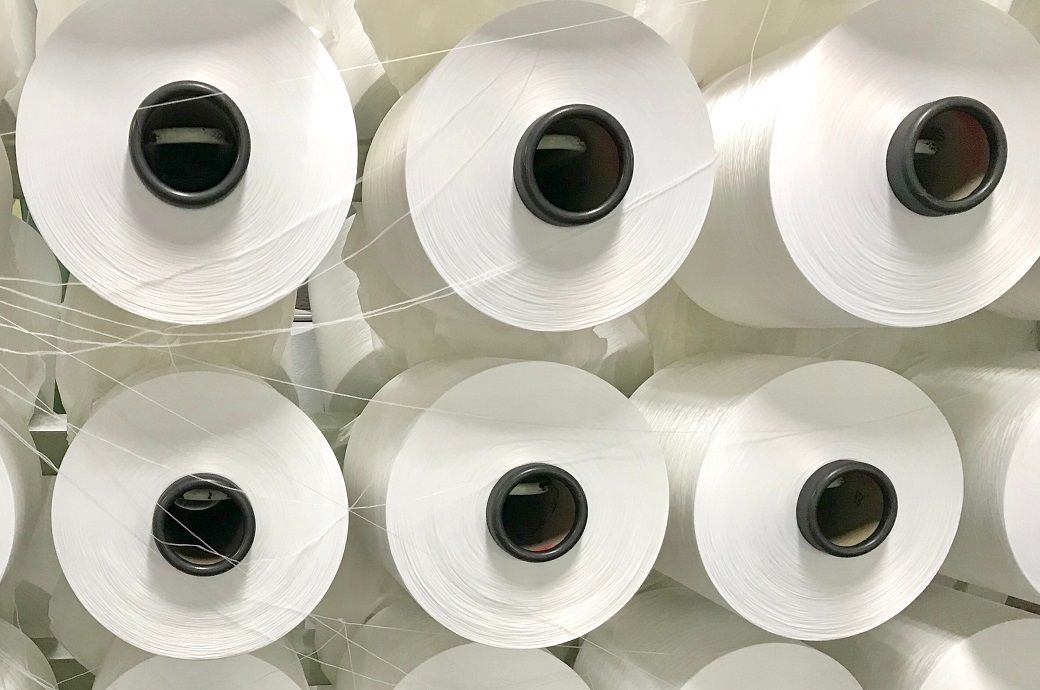
Meanwhile, the weaving industry has alleged that yarn manufacturers failed to provide production capacity and quality specifications.
Approximately 90 per cent of FDY yarn is consumed in Surat and adjacent areas of Gujarat. The Federation of Indian Art Silk Weaving Industry (FIASWI), Pandesara Weaver Society, and other industry organisations in the weaving sector have expressed a desire to assess the exact demand and supply situation for AA grade FDY yarn. To this end, they requested that manufacturers provide details concerning production and product specifications. However, they have received no response from polyester yarn manufacturers.
Ashish Gujarati, president of Pandesara Weavers Cooperative Society told Fibre2fashion, "Presently, there is a shortage of AA grade yarn. The implementation of BIS standards will halt the import of this category of yarn, leaving the weavers in a dire situation." He also opined that the prescribed BIS standards are significantly lower than global standards. To remain competitive in the international market, India should elevate its BIS standards to align with global norms.
To assess the demand-supply situation, weaving organisations took it upon themselves to collect data from various sources. Gujarati stated that only 25 per cent of the total yarn produced in India is of AA grade. Of this, three-quarters is exported, leaving only 6-7 per cent available for the domestic weaving industry. The consumption of AA grade yarn is on the rise in the country, owing to recent investments in new weaving factories. Additionally, several other weaving factories are poised to commence production.
Gujarati argued that the demand for AA grade yarn is increasing because high-speed weaving machines are being set up. Lower-grade yarn can be used in low-speed weaving machines. If the imports of AA grade yarn are restricted due to the QCO, significant investments in the weaving sector will go unutilised.
On the subject of BIS quality standards, the weaving industry contends that the government-set benchmarks are too low, leading to the production of low-quality fabric. To compete internationally, BIS standards should be revised to align with global norms. The criteria for tenacity, boil water shrinkage, elongation, and variations should be reconsidered. However, yarn manufacturers have remained silent on these specifications when approached by weaving organisations for details.
The organisations stated that the domestic weaving industry is more reliant on imports of high-standard AA grade yarn because local yarn manufacturers prefer to export higher-quality material rather than sell it locally. In this regard, the organisations have sent a letter to the ministry of textile and the ministry of chemicals and fertilisers.
ALCHEMPro News Desk (KUL)
Receive daily prices and market insights straight to your inbox. Subscribe to AlchemPro Weekly!